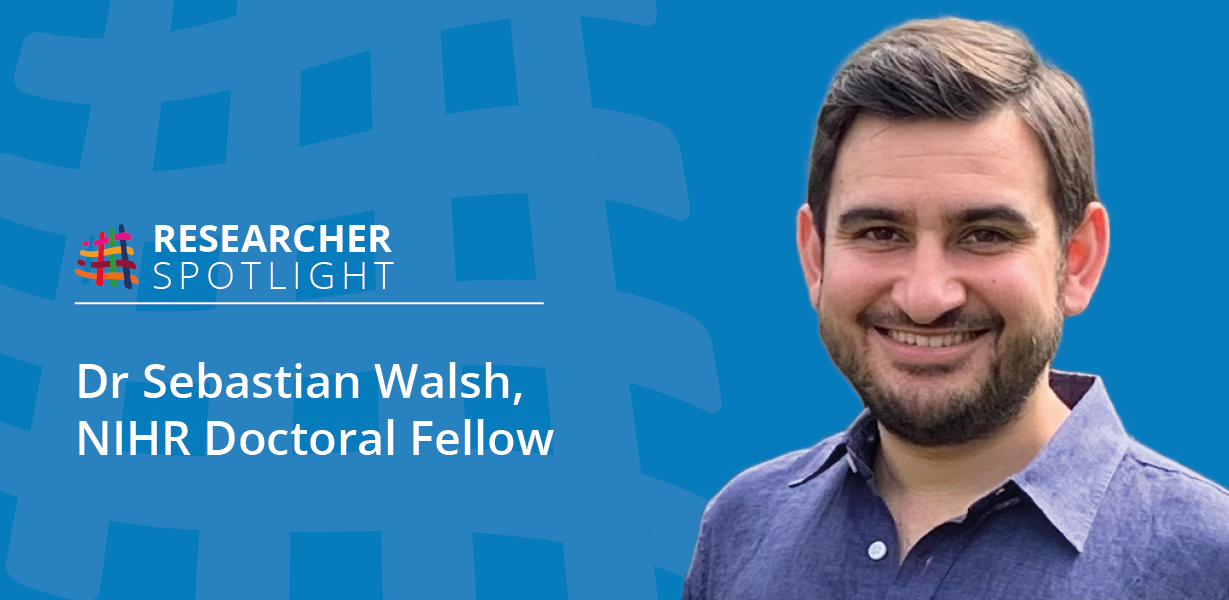
Sebastian Walsh conducts research into public health approaches to dementia prevention. His interest in older people’s health stems from his experiences training and working as a clinical and public health doctor. Sebastian is involved in Cambridge Public Health’s Life Course and Ageing research theme and a member of the Early Career Researcher Advisory Committee.
What are you working on now?
I am in the first year of my PhD using different research methods to develop the evidence base for dementia risk reduction at the population-level.
Dementia is a major public health concern, particularly as the global population is getting older and the prevalence of risk factors — such as obesity, physical inactivity and depression — is growing. An increasing proportion of dementia cases occur in low- and middle-income countries where systems are less resilient to the health and economic costs associated with the disease. In the UK, inequalities between rich and poor in the incidence of dementia are becoming clearer. It is imperative that interventions to prevent dementia are deliverable at scale across the population and are effective in reaching the most deprived (which currently they are not!)
What aspect of your work do you find most exciting?
I particularly enjoy the breadth of research involved in the public health prevention agenda. My work spans causal epidemiology (understanding risk factors for disease), reviewing literature, mapping policy, modelling and policymaker engagement.
As a public health researcher, I often feel like a jack of all trades and a master of none! However, I believe that our expertise comes in speaking across disciplines, bringing the right researchers together around the right research questions and being able to ‘speak the language’ of multiple relevant disciplines — be it biostatistics, health economics, health policy or health ethics; as well as those who will implement the research findings.
The joy of working with researchers from different fields is the opportunity to learn from colleagues who bring different perspectives and challenge your thinking — which is central to the scientific process.
What would you say is the most pressing public health challenge facing the UK?
I would say dementia and healthy ageing!
More broadly, I think that the growing division many of us perceive in society is an existential threat. Economic and health inequalities are growing in the UK, and in many parts of the world. A feeling of connectedness, and social fairness, is central to human wellbeing and quality of life. In contrast, a growing disenfranchisement and inequality has implications for population research (which requires population buy-in), health policy (which requires policymaker buy-in, which will only happen if they think it will build their political capital) and ultimately for health.
Where can we find out more about your research?
I have helped lead the development of the Population-Level Approaches to Dementia Risk Reduction (PLADRR) research group, as part of the International Research Network on Dementia Prevention (IRNDP). Selected publications, and more information about this research agenda, is available there.
In December 2022, I co-authored a paper with Carol Brayne and Richard Merrick in The Lancet Neurology highlighting the crucial role that social and commercial factors play in influencing neurological health.

